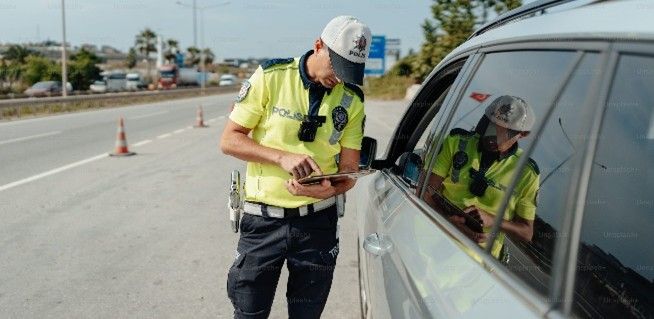
Drinking and driving: Lifetime ignition interlock for repeat offenders – What you need to know
Recent amendments to the Highway Safety Code introduce stricter measures for drivers convicted of drinking and driving offenses. One of the most significant consequences is the lifetime requirement of an ignition interlock device for certain repeat offenders. Whether this is your first arrest or you already have prior offenses, it is crucial to understand the new rules and know how to protect yourself from the very start of the process.
Understanding the factors that worsen the situation
Certain circumstances automatically trigger additional obligations, even before a conviction:
-
A blood alcohol level exceeding 160 mg per 100 ml of blood
-
Refusing to provide a breath sample, which is treated as an equivalent offense
-
A history of similar offenses within the past 10 years, even if you have received a pardon
In each of these cases, you will be required to undergo a risk assessment — at your own expense. This process is now unavoidable and can influence whether you retain your driving privileges.
Situations where you might be affected
Even before formal charges, you could face strict measures if you fall into any of the following situations:
-
Previous offenses: If, within the past 10 years, you were convicted of a drinking and driving offense — even if you later received a pardon — you will need to complete a risk assessment at your own cost.
-
High blood alcohol level: If you blew over 160 mg of alcohol per 100 ml of blood at the time of your arrest, you face harsher penalties, including the mandatory risk assessment
-
Refusal to blow: If you are charged with refusing to provide a breath sample during the arrest, whether or not you eventually complied, you will still have to undergo this assessment.
Why consult a lawyer as soon as you’re arrested
The sooner you act, the better your chances of avoiding a conviction that leads to this lifetime sanction. From the moment of your arrest, our team can:
-
Analyze the legality of the police intervention and the evidence seizure
-
Challenge the results from detection devices if protocol errors occurred
-
Negotiate alternative sanctions or a conditional discharge, where justified
-
Represent you rigorously in court, highlighting the mitigating factors in your case
A well-structured defense strategy can make the difference between a lifetime of restrictions… or a successful defense.
Tip
Contact us as soon as possible! Acting early allows you to better protect your rights and prepare your defense effectively.
Blog





